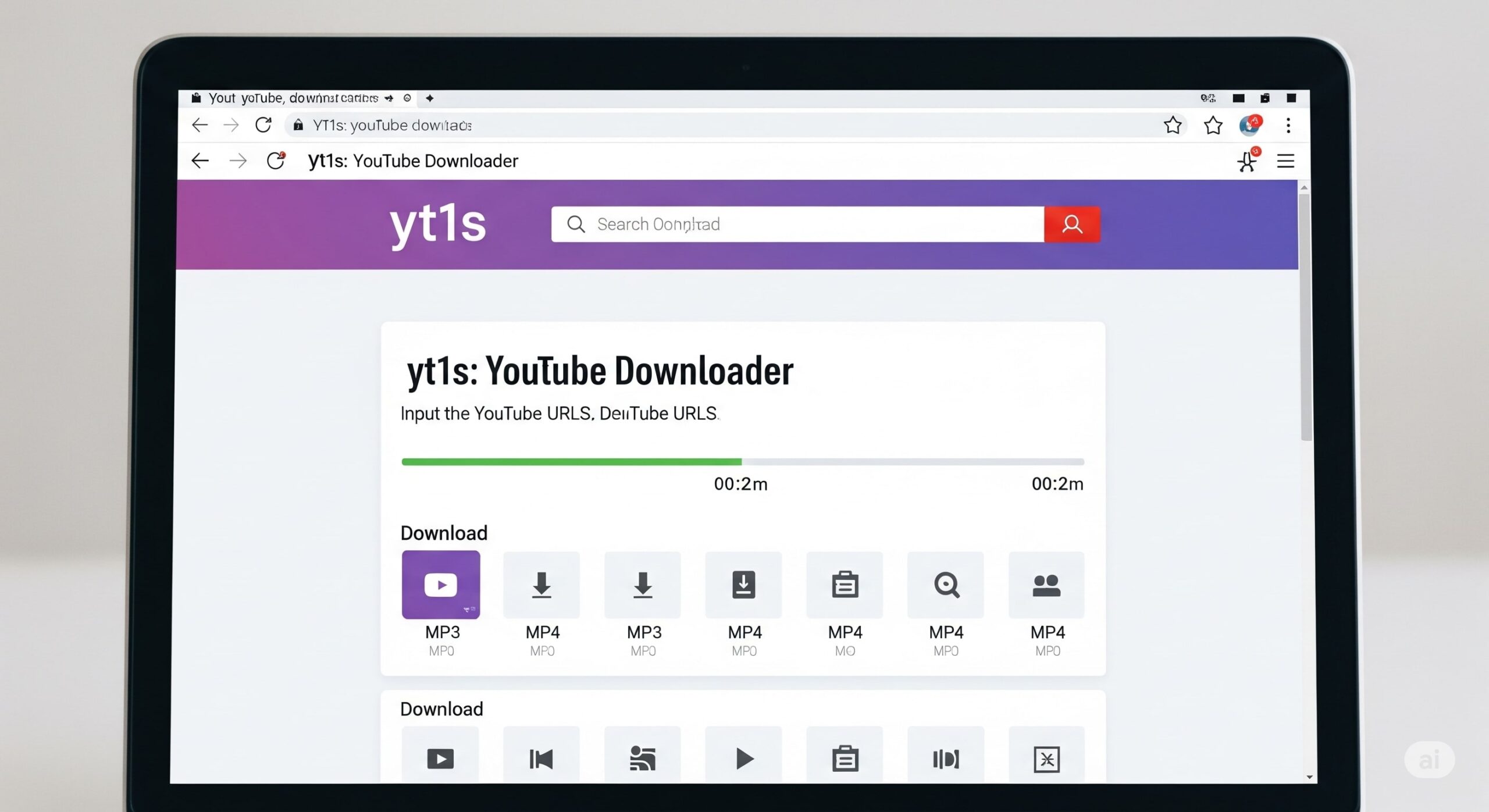In the fast-paced world of digital advertising, every click matters. Businesses in the USA and globally are increasingly turning to managed search engine marketing services to maximize their online visibility, generate leads, and drive measurable growth. But running ads without understanding which actions truly drive results is like navigating a ship without a compass. That’s where conversion tracking comes in—it transforms raw click data into actionable insights, helping businesses achieve real ROI from their campaigns.
This blog explores how conversion tracking underpins the success of managed SEM campaigns, why it’s essential for any search engine marketing agency, and how it empowers marketers to refine strategies for maximum impact.
What is Conversion Tracking in SEM?
At its core, conversion tracking measures the actions users take after interacting with an ad. These actions, or conversions, can include:
- Completing a contact form
- Making a purchase
- Downloading a resource
- Signing up for a newsletter
By linking these outcomes to specific ads, keywords, and campaigns, businesses gain insight into which strategies deliver tangible results—and which ones need adjustment.
For a search engine marketing agency, accurate conversion tracking is the foundation of data-driven decision-making. Without it, SEM campaigns are based on assumptions rather than evidence, which can lead to wasted budgets and missed opportunities.
Why Conversion Tracking is Critical for Managed SEM Services
1. Optimizing Ad Spend
A primary benefit of conversion tracking is understanding where your budget is best spent. Instead of spreading ad dollars across multiple keywords and platforms blindly, marketers can focus on campaigns that generate the most conversions.
For example, if tracking reveals that users clicking on a specific ad are more likely to complete a purchase, that ad can receive more budget, while underperforming campaigns are refined or paused. This efficiency ensures businesses get maximum ROI from their SEM services.
2. Improving Campaign Targeting
Conversion tracking allows marketers to identify not only which ads work but also which audiences are most engaged. By analyzing user behavior, a search engine marketing agency can:
- Refine audience targeting based on demographics, location, or device
- Adjust bidding strategies for high-performing keywords
- Identify opportunities for retargeting users who didn’t convert initially
This level of insight helps businesses reach the right people at the right time, ultimately increasing conversion rates.
3. Enabling A/B Testing and Optimization
Conversion tracking supports systematic testing of ads, landing pages, and calls to action. Marketers can test variations to see which elements lead to higher conversion rates, such as:
- Headlines and ad copy
- Call-to-action buttons
- Landing page layouts and forms
Data from conversion tracking ensures these optimizations are backed by evidence, not guesswork.
How Conversion Tracking Works in Practice
Implementing conversion tracking requires careful setup within advertising platforms such as Google Ads or Bing Ads. Here’s a step-by-step overview:
- Define Your Conversions
Decide which actions are meaningful for your business—sales, form submissions, newsletter sign-ups, etc. - Install Tracking Code
Platforms provide tracking pixels or code snippets that are placed on your website. These records are created when users complete a defined conversion. - Integrate with Analytics Tools
Linking your tracking setup with Google Analytics or other tools provides a holistic view of user behavior across your site. - Monitor and Adjust Campaigns
Use the data to adjust bids, targeting, and creative elements continuously. Conversion tracking transforms campaign management from reactive to proactive.
The Strategic Advantage of Conversion Tracking for SEM Agencies
For businesses relying on a search engine marketing agency, conversion tracking offers several strategic advantages:
- Evidence-Based Reporting: Agencies can provide clients with precise ROI metrics, proving the value of their SEM services.
- Predictive Insights: Tracking data enables predictive modeling, helping agencies forecast campaign outcomes and optimize budgets before spending.
- Scalability: Conversion tracking makes it easier to scale campaigns confidently, knowing which strategies yield the best returns.
By integrating conversion tracking into managed SEM campaigns, agencies position themselves as partners who deliver measurable growth, not just ad impressions.
Common Metrics Tracked in SEM Campaigns
To maximize campaign performance, marketers often focus on a combination of the following key metrics:
- Cost per Conversion (CPC): Measures the efficiency of ad spend relative to conversions.
- Conversion Rate: Percentage of users who complete a desired action after clicking an ad.
- Return on Ad Spend (ROAS): Tracks revenue generated for every dollar spent.
- Customer Lifetime Value (CLV): Evaluates long-term profitability of acquired leads.
Tracking these metrics enables businesses to refine strategies, invest in high-performing campaigns, and achieve sustainable growth.
Conclusion: Conversion Tracking as the Key to SEM Success
In the competitive landscape of digital advertising, relying on intuition alone is no longer enough. Conversion tracking empowers businesses and search engine marketing agencies to make smarter decisions, optimize budgets, and deliver measurable results. By connecting ad spend directly to business outcomes, companies in the USA and beyond can ensure their managed SEM services drive real growth.
If your goal is to maximize ROI, refine campaigns, and scale your digital marketing efforts efficiently, investing in a conversion-tracked SEM strategy is non-negotiable.
Partner with a trusted SEM agency that prioritizes conversion tracking, and watch your campaigns deliver measurable, data-driven success. Contact us to get started today.






